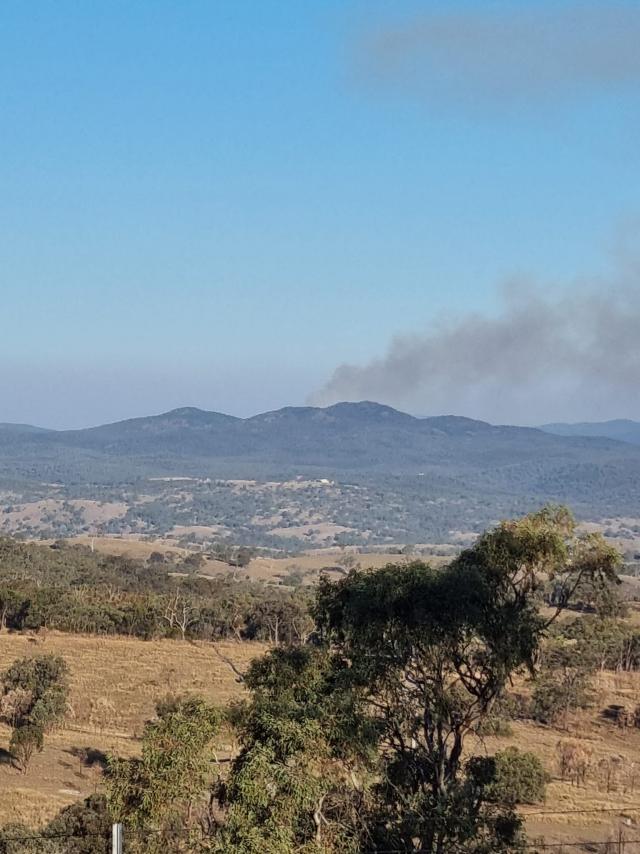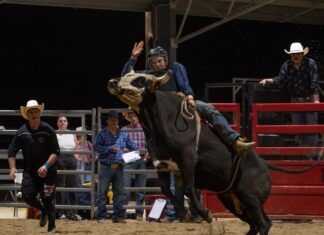‘It’s dry everywhere’

Digital Edition
Subscribe
Get an all ACCESS PASS to the News and your Digital Edition with an online subscription
The Friday night rodeo kicks off the Allora Show
The Allora Show gets off to a powerful start on Friday night with one of its most popular and talked-about events, the Friday Night...







